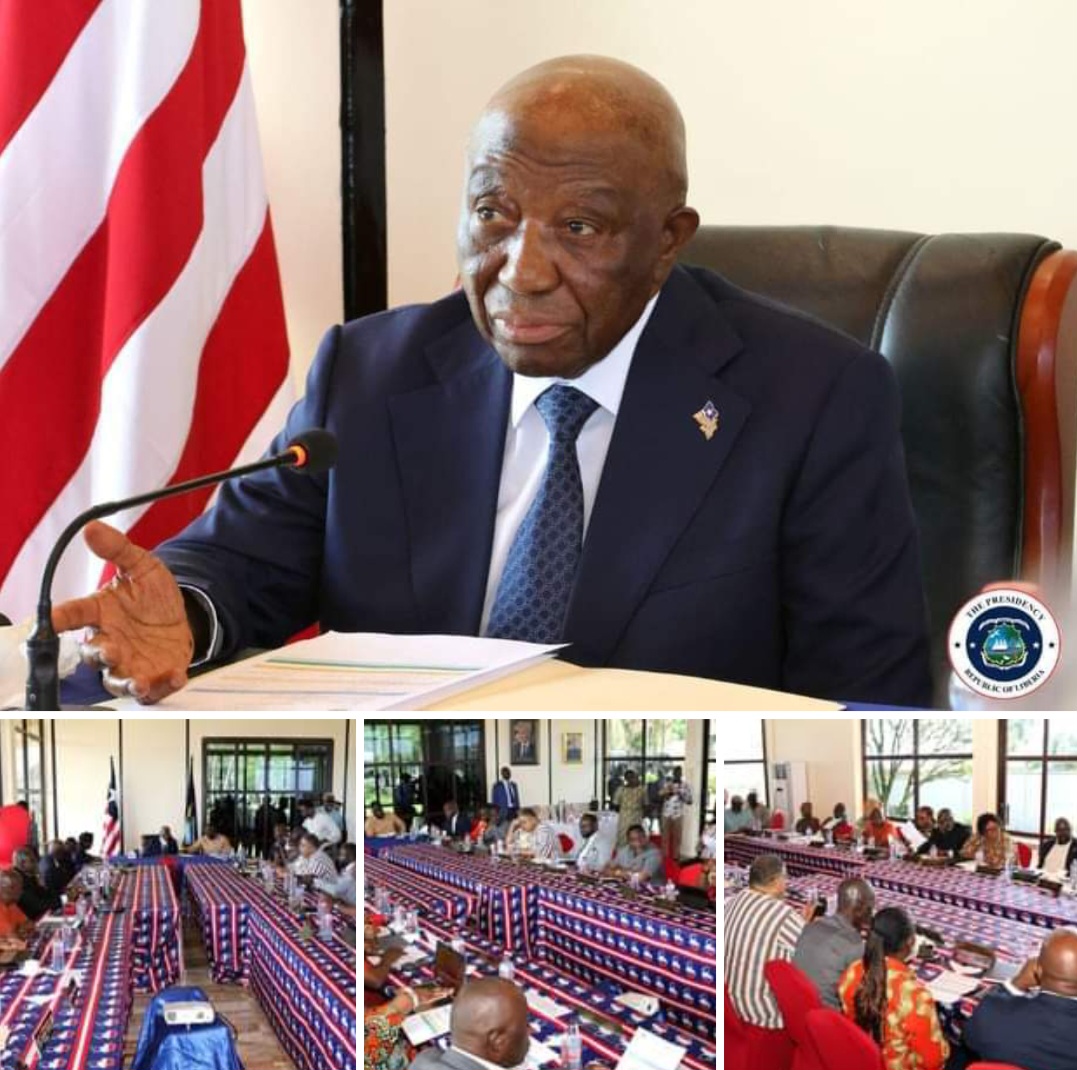The Government of Liberia (GOL) has adopted two key Public Financial Management regulations aimed at improving governance and the efficient management of public resources.
At an emergency Cabinet meeting held at the Executive Mansion, on Friday, September 13, 2024, the amended and Restated Public Financial Management (PFM) Regulations and the Revenue Sharing Regulations (RSR) were officially endorsed.
The adoption of these regulations comes as part of the Government’s ongoing efforts to strengthen Liberia’s public financial management systems, aligning with the objectives of the 2024–2027 Public Financial Management Strategy.
The Amended and Restated PFM Regulations serve as the key implementing instrument for the Amended and Restated PFM Law of 2019.
This regulatory framework supports Liberia’s broader goals of fiscal transparency, accountability, and effective resource management. Notably, these regulations introduce significant structural changes to Liberia’s financial governance:
The regulations establish a clear distinction between the roles of the Comptroller and Accountant General from the Department of Fiscal Affairs. This separation is intended to enhance oversight and reduce conflicts of interest, ensuring that financial oversight is independently managed.
In alignment with Liberia’s decentralization policy, the regulations delegate revenue generation and expenditure management functions to local government authorities.
This shift is aimed at promoting greater local accountability and improving the efficiency of public service delivery at the regional and local levels.
These changes reflect Liberia’s commitment to improving fiscal governance by ensuring more transparent and efficient management of national and local resources.
The Revenue Sharing Regulations provide a comprehensive framework for implementing the Revenue Sharing Law of 2021, a key component of the Local Government Act, which has so far been hindered by the absence of necessary regulations.
The newly adopted regulations outline mechanisms for equitable revenue distribution between central and local governments, including but not limited to following responsibilities:
Local governments will now have greater access to revenue generated from public services provided within their jurisdictions.
Revenues derived from the extraction and use of natural resources will be shared between central and local governments, providing local authorities with a greater stake in the economic benefits generated by resources within their territories.
A portion of real estate taxes and fees will also be allocated to local governments, empowering them to reinvest in local development projects and public services.
Amongst other things, these regulations are designed to promote fiscal decentralization and empower local governments to effectively manage their financial resources in accordance with the Local Government Act.
According to President Joseph Nyuma Boakai, The adoption of these two instruments represents a significant milestone in Liberia’s ongoing efforts to strengthen its public financial management architecture.
They will play a vital role in supporting Government’s decentralization agenda, fostering economic growth, and promoting good governance at all levels of government.
“By the ushering of these financial management instruments, it is my Administration’s efforts to ensuring that the necessary tools and frameworks are in place to guarantee fiscal responsibility, equitable revenue sharing, and transparent governance across Liberia.” President Boakai remarked.



